Arts and Humanities
Explore Arts and Humanities

Professor Elena Baracani | How President von der Leyen Shaped the EU’s Response to Russia’s Invasion of Ukraine
When Russia launched its full-scale invasion of Ukraine in February 2022, the European Union faced a crisis that demanded a swift and unified response. A new study by Professor Elena Baracani from the University of Bologna examines how Ursula von der Leyen, President of the European Commission, used her leadership role to shape the EU’s reaction during the crucial first 10 weeks of the conflict.
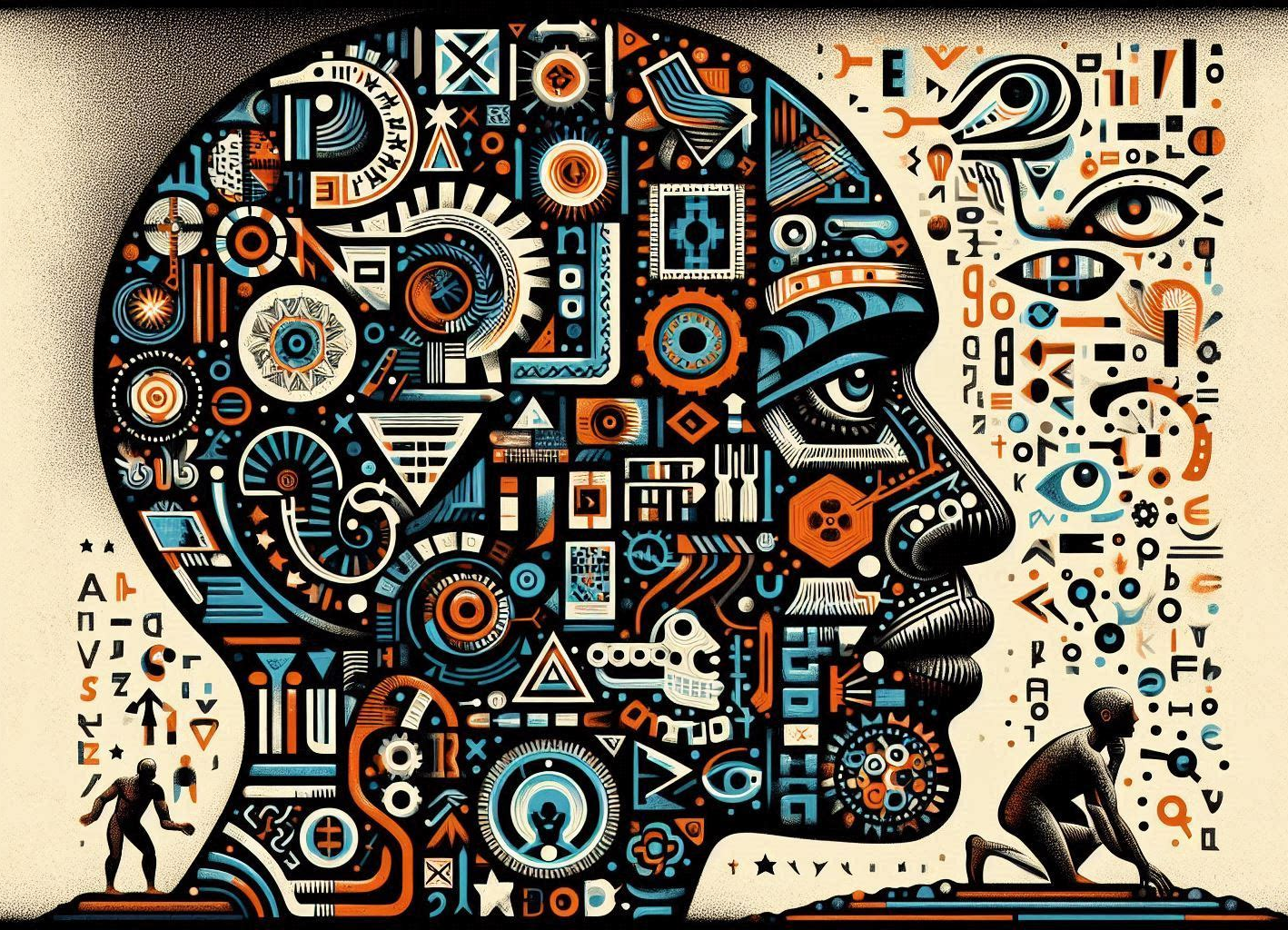
Dr Hana Jee | Unlocking the Secret Code of Writing Systems
Ever wondered why letters look the way they do? Dr Hana Jee at York St John University in the UK investigates intriguing connections between how languages sound and how they are written. Using a number of methodologies, she has conducted innovative research to quantify these relationships. Her work began with Korean Hangul, a writing system intentionally designed to be highly logical and systematic. Dr Jee has since expanded her research to include diverse scripts like Arabic, English, Hebrew and many others. Her findings suggest unexpected patterns across writing systems, opening several fascinating future research avenues.

Marine Bardou | Quiet Early Bird or Loud Late Riser? Understanding the European Parliament’s Involvement in International Agreements
The European Parliament has the ability to play a key role in shaping the European Union’s international agreements. But how exactly does it get involved in these complex negotiations? Researcher Marine Bardou from the University of Louvain has conducted a comprehensive study to answer this question, revealing surprising patterns in the Parliament’s activities.
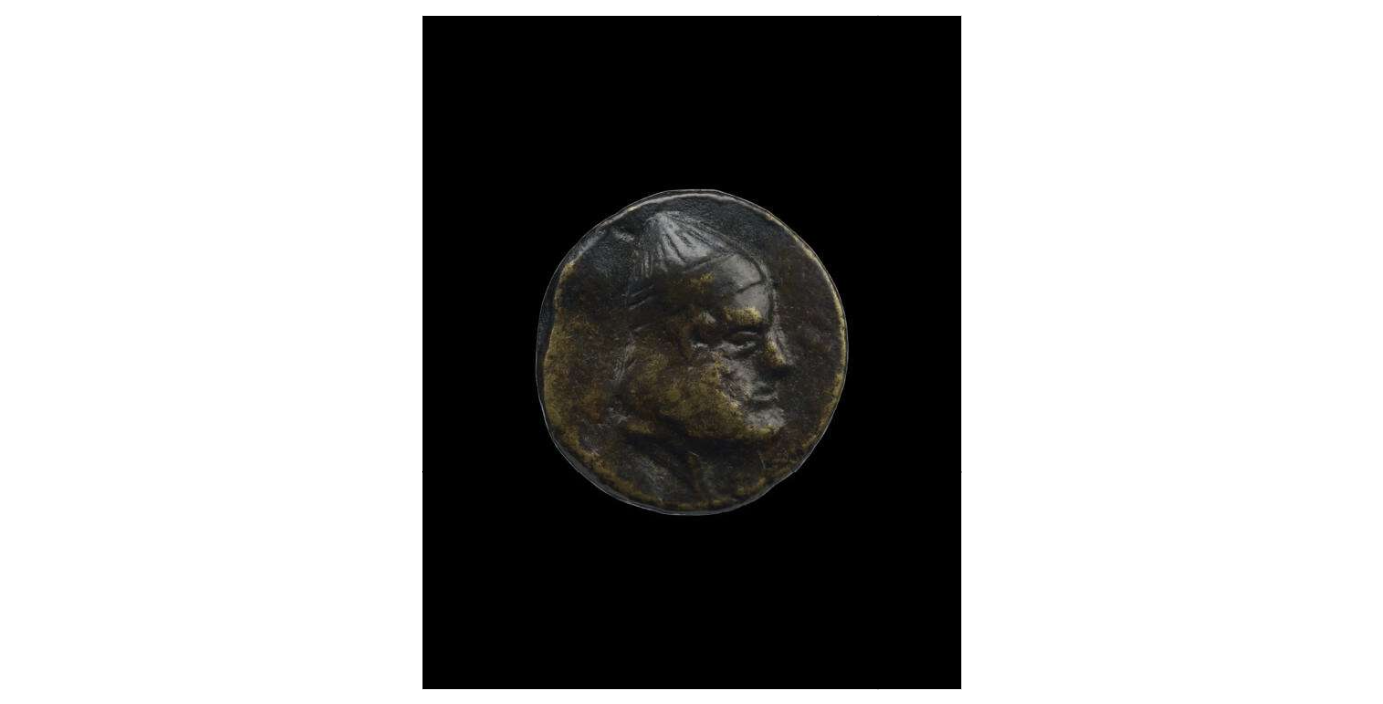
Dr Laura Perucchetti | How Researchers at the British Museum Detected and Tested Greek Coin Forgeries
Laura Perucchetti and colleagues at the British Museum have uncovered a group of skilfully crafted counterfeit ancient coins that may be one of the earliest examples of forgers using scientific analysis to dupe collectors. By examining the composition of the coins and comparing them with genuine artefacts, experts believe the forgers deliberately used ancient metal to avoid detection. The findings highlight the long history of a cat and mouse game between forgers and analysts, and the need for vigilance in verifying the authenticity of even the most convincing pieces.

Dr Jerome Premmereur | What Spinoza Can Help us Understand About Extreme Radicalism
In a novel exploration of human radicalism, defined by governments as violent attacks, Dr Jerome Premmereur, a cardiologist and a clinical research expert based in the United States, draws on the philosophy of Baruch Spinoza to propose innovative solutions to the pressing societal issue of terrorism. His new book, “A Biological, Psychological and Philosophical Approach to Human Nature and Radicalism”, examines radicalism through the lens of human biology and Spinoza’s concepts, offering a comprehensive approach to understanding and mitigating extremism. Premmereur argues that radicalism is an inherent part of human nature, but can be addressed through a holistic strategy encompassing education, politics, balanced laws, healthcare, and economic stability. By revisiting ancient Greek democracy and applying Spinoza’s ideas to modern challenges, Premmereur presents an optimistic vision, although challenging in practice, to reduce extremism and create a better world.
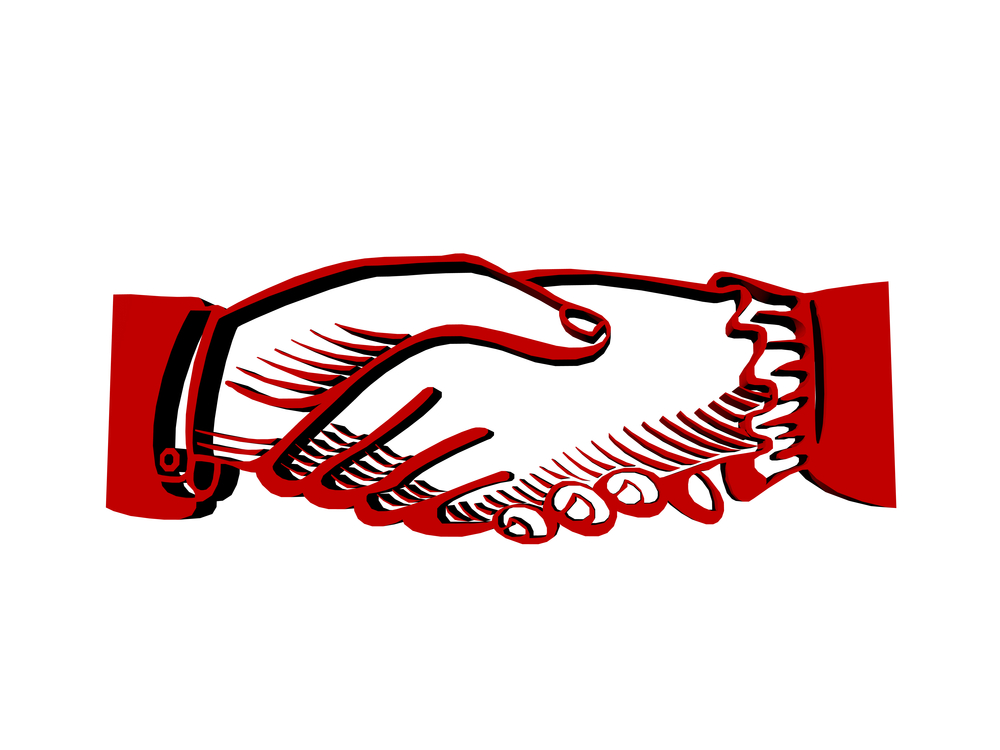
Professor Penelope Corfield | Key Changes in Daily Greetings in 18th Century Britain
In 18th century Britain, the old tradition of deep bowing and curtseying as a form of greeting slowly evolved into a brief touch of the cap or head (for men), or quick bob of the body (for women). Simultaneously, a new form of urban greeting was emerging: the handshake. How and why did the handshake gain such popularity, becoming our most standard greeting today? This phenomenon is explored in a new essay published in the journal Urban History and authored by Professor Penelope Corfield of London University.
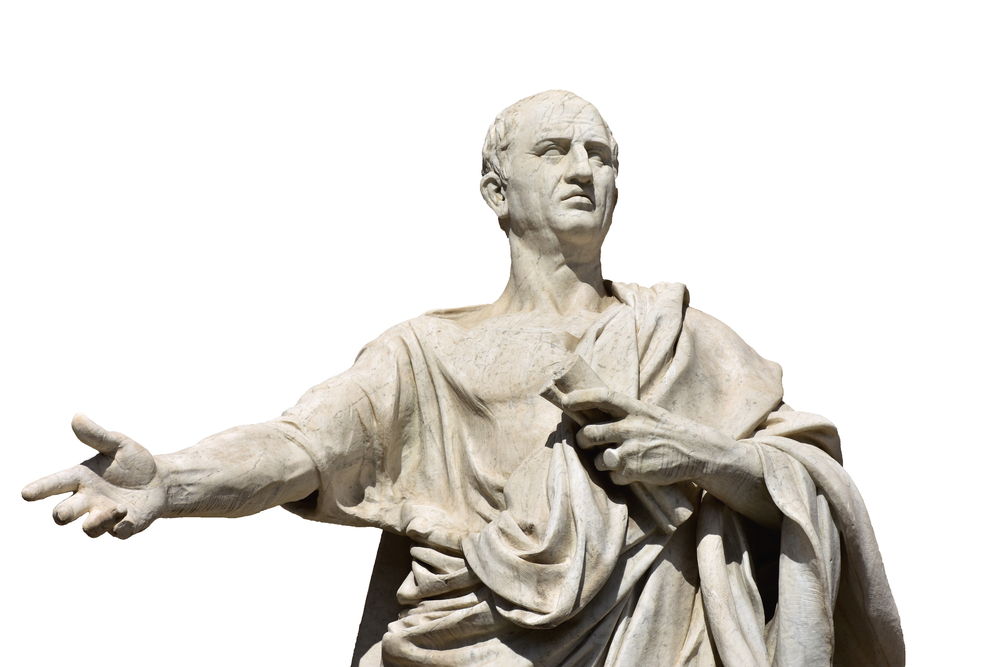
Dr Ceccherini-Nelli | What Makes Great Orators’ Speeches Effective and Persuasive?
Since ancient Greek civilization, we have sought to identify what makes some people more effective and persuasive orators than others. Studies have suggested that this might be related to rhythmic patterns in certain speech, but evidence is limited. Dr. Ceccherini-Nelli of the University of Alberta conducted a study with his colleagues to explore this. They looked at the patterns present in political speeches and conducted experiments to determine their effects.

Professor Pei Wang | Defining AI to Ensure Effective Research and Policymaking
Artificial intelligence – or AI – is receiving increasing attention for its rapid development and potential to change society. Researchers are working hard to develop its capabilities, while regulators are racing to ensure it is managed and governed properly. But what do we mean by AI, and how can we define such a complex term? In a recent paper, Professor Pei Wang at Temple University argues that the lack of an agreed definition makes it difficult for policymakers to assess what AI will be capable of in the near future, or even which kinds of AI are desirable. To combat this, he discusses what makes a robust definition, and suggests his own.

Professor Ann Nevile | What Evidence Do Policymakers Need to Make Robust Decisions?
Policy decisions are influenced by many factors, from the ideology of the policymaker and their advisors to political expediency. Most would also agree that key political decisions should be evidence-based. However, this is easier said than done. Understanding what evidence policymakers need, and how they should evaluate this, is key for more robust decision-making.

Professor Andrea Nanetti | Heritage Science: Seeing Beyond What Is Thinkable to Address 21st Century Challenges
The United Nations’ 17 Sustainable Development Goals outline the massive challenges humanity must face to survive on Planet Earth in the 21st Century. All knowledge and experiences accumulated by human societies across time and space could be essential to address these grand challenges. Thus, we should find a way to make this knowledge readily available wherever and whenever decision-makers, heritage stakeholders, and scholars might need it. Professor Andrea Nanetti, an award-winning and internationally recognised expert in Digital Humanities, recently published an open-access paper exploring the opportunities and challenges of using artificial intelligence and machine learning algorithms to leverage human heritage and empower societies to see beyond what is thinkable.

Professor Radu Mares | Exploring the UN’s Role in Regulating Transnational Corporations
The importance of the EU in global governance has been well researched. However, systematic analysis of the way it interacts with other international organisations has been side-lined. To address this gap, Axel Marx the University of Leuven and Oliver Westerwinter at the University of St. Gallen introduce a special issue of the Journal of European Integration. The research published in this issue explores how the EU interacts with different types of global governance institutions.

Axel Marx | Oliver Westerwinter – Understanding How the EU Interacts with Global Governance Institutions
The importance of the EU in global governance has been well researched. However, systematic analysis of the way it interacts with other international organisations has been side-lined. To address this gap, Axel Marx the University of Leuven and Oliver Westerwinter at the University of St. Gallen introduce a special issue of the Journal of European Integration. The research published in this issue explores how the EU interacts with different types of global governance institutions.
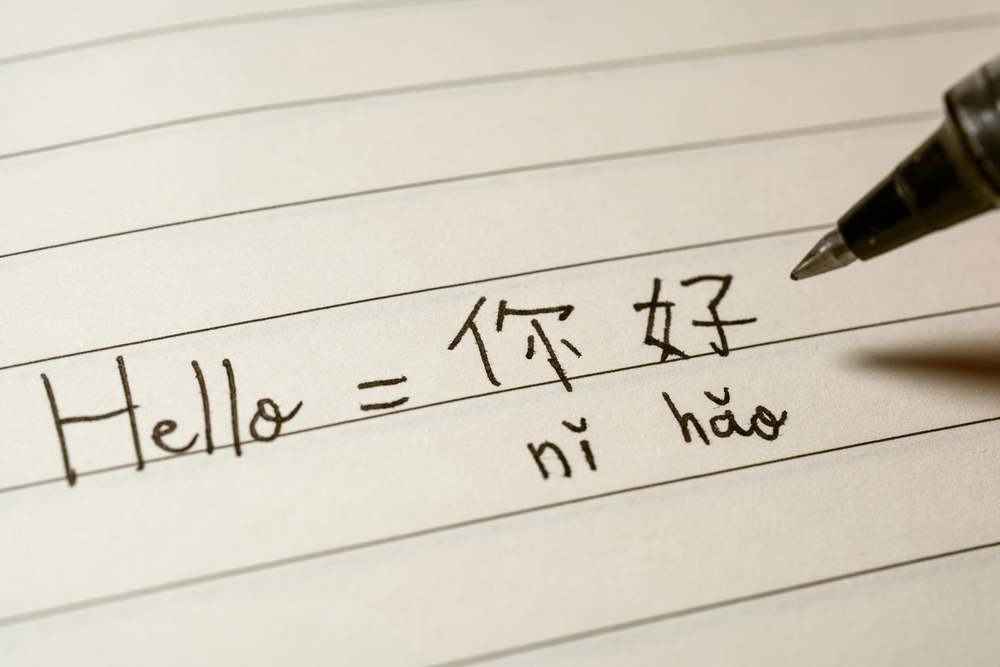
Professor Shanshan Yan | Heritage Language Learners Show Unique Advantages in Chinese Language Processing
Learning a new language as an adult is challenging, especially when the new language has features that differ significantly from one’s native tongue. This phenomenon is key to a new study led by Professor Shanshan Yan at Peking University, which examines how language learning is affected when learners encounter features in their second language that are similar to those in their first language.

Nicolas Teyssandier | Unravelling the Middle-to-Upper Paleolithic Transition in Europe
The transition from the Middle to Upper Paleolithic in Europe marks a pivotal period in human evolution, with the replacement of Neanderthals by anatomically modern humans. A new study by Nicolas Teyssandier, Director of Research at the French National Center for Scientific Research (CNRS) and vice director of the TRACES laboratory at the Toulouse Jean Jaurès University examines the archaeological evidence for this transition and attempts to reconcile it with recent discoveries, shedding new light on this complex period of cultural and biological change.
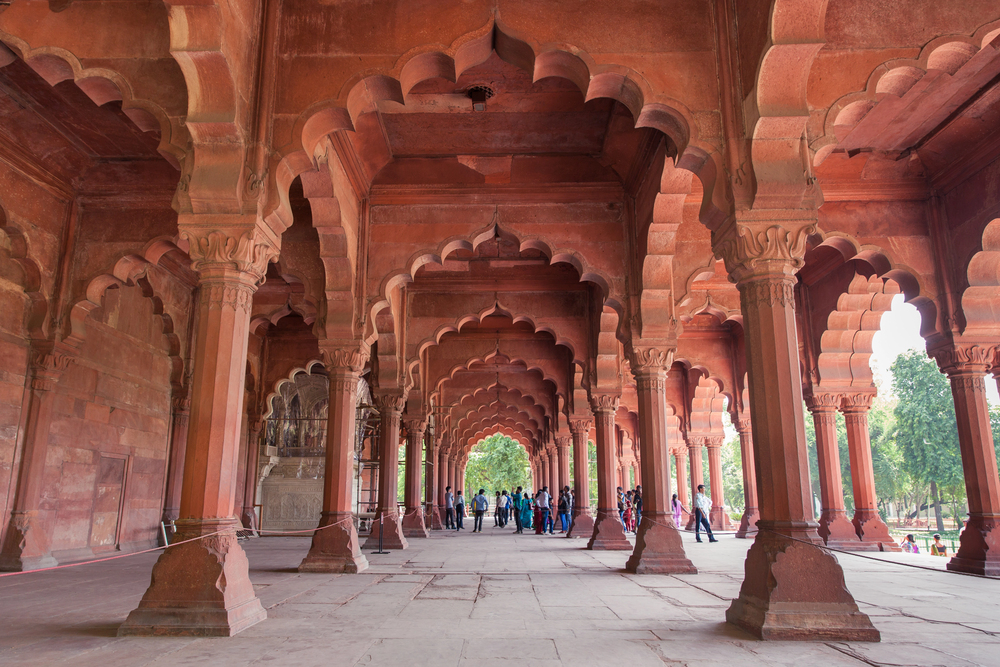
Professor Richard M. Eaton | Rethinking Cultural Exchange in India in the Persianate Age, 1000-1765
In his book India in the Persianate Age, historian Professor Richard M. Eaton of the University of Arizona challenges long-held assumptions about India’s history from 1000 to ca. 1800 CE. By examining the complex interactions between Persian and Sanskrit cultural spheres, Eaton offers a fresh perspective on this pivotal period, shedding light on the dynamic processes of cultural exchange and integration that shaped the subcontinent.
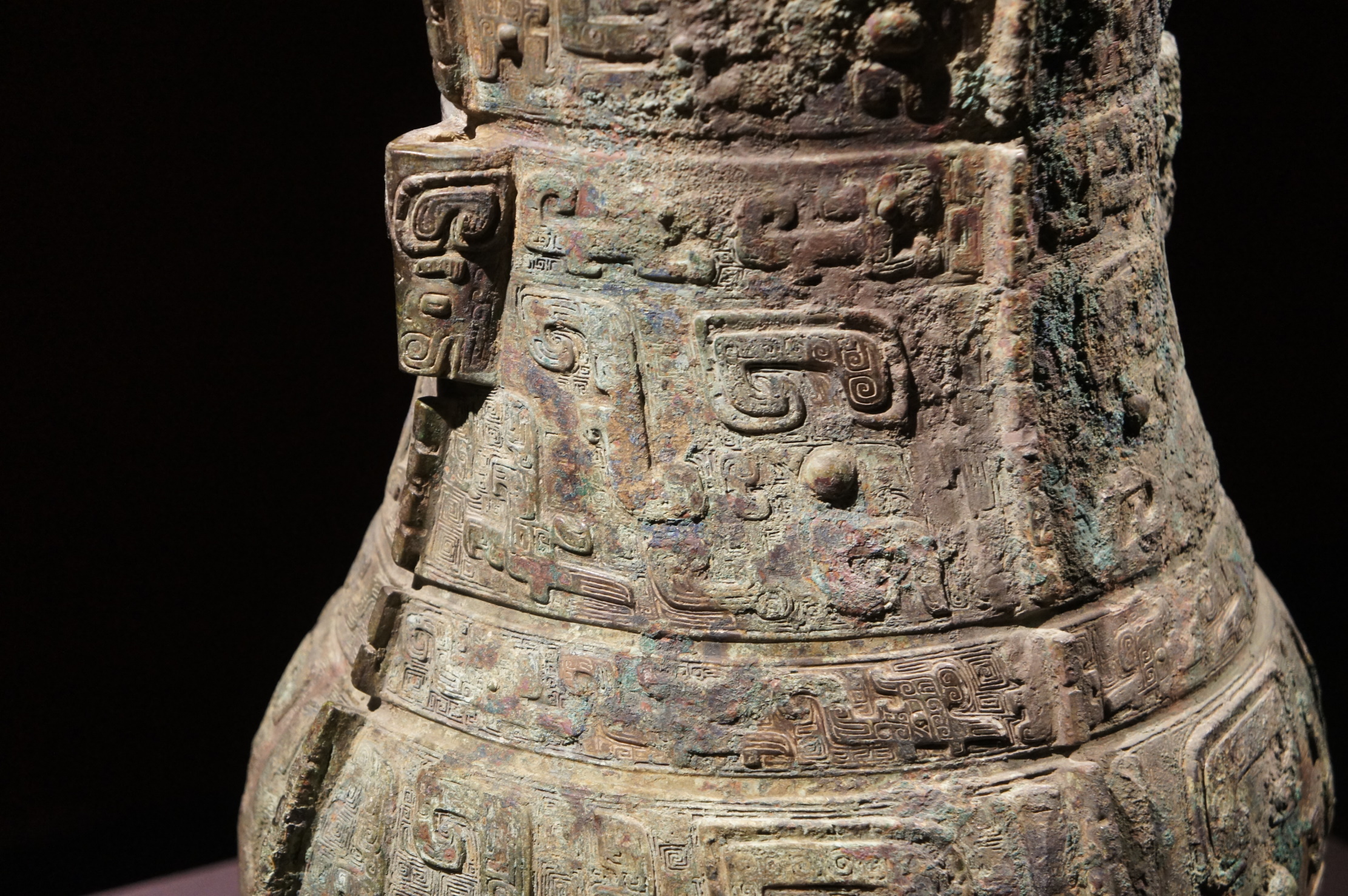
Assistant Professor Wen Yin (Elaine) Cheng | Bronze Casting Moulds Reveal Late Shang Dynasty Craftsmanship
Bronze vessel casting technology in ancient China’s Shang Dynasty has long been of interest to archaeologists. Assistant Professor Wen Yin (Elaine) Cheng at Wilfrid Laurier University has shed new light on the knowledge and organisation of artisans who made these pieces. By analysing bronze vessel casting moulds, she has uncovered intricate production sequences that offer fresh insights into the social dynamics of this ancient civilization beyond the elite class typically depicted in historical records.

Axel Marx | The successes of voluntary sustainability standards and the challenges they face
Voluntary Sustainability Standards have emerged as influential tools to promote sustainable practices in global value chains and are becoming increasingly relevant in the context of new legislation by the European Union and other governments for the promotion of sustainable development. A comprehensive review led by Axel Marx at KU Leuven examines the evolution, impacts, and challenges of these standards, offering insights into their role in global governance and sustainable development.
Increase The Impact Of Your Research!
Explore partnership opportunities
Unwind without the hassle. Enjoy fresh audiobooks, delivered free!
